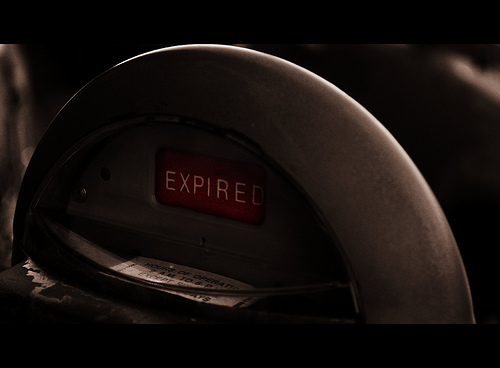 Disclosure statements do expire, however we take no responsibility for the expiration dates of any disclosure statements.
Disclosure statements do expire, however we take no responsibility for the expiration dates of any disclosure statements.
We simply cannot be responsible for something over which we have no control.
Disclosure statements expire when the information contained within them expires. That information contained within disclosure statements is obtained by reporting on the activities of the body corporate, activities contained within the body corporate records.
Control of the information resides with the body corporate manager who also control time lines of activities.
MyBodyCorpReport.com.au quite simply reports on what the body corporate has, or hasn’t for that matter, done, in formats that meet client needs.
What all that means is you may obtain a disclosure statement that’s valid for 12 months or one that’s valid for only a few weeks. It comes down to a question of timing and of course the subject body corporate.
The Best Time To Order Disclosure Statements
The best time to obtain a disclosure statement is a day before or on the day a contract is prepared.
If you prefer to be prepared to go to contract should someone make an offer on the property by obtaining your disclosure ahead of time a little preparation will help.
- The best time to order and hold a disclosure is directly following the AGM.
- Read the committee minutes to find out if anything major is being discussed. If an EGM or other major event is about to happen, wait until it has happened before ordering your disclosure.
- If you can wait, do wait.
Most Common Issue – Expired Current Year Levies
A body corporate will have the end of financial year (EOFY) corresponding to the month just prior to its registration. If registered in December then the EOFY is November, if March EOFY is February and so on.
A body corporate financial year end can be any month end throughout the year.
The levies quoted in disclosure statements are issued at the AGM. Unfortunately AGM’s don’t happen until up to three months after the end of year.
For instance a body corporate that has a financial year end 30th June will not have an AGM until 30th September and then levies will be issued for a period 1st July to 30th June, the next financial year.
MyBodyCorpReport.com.au and Section 206 Disclosure Statements
- Disclosure requests are actioned within 24 hours.
- If we cannot provide the disclosure within 24 hours the client will be notified.
- Disclosure statements are prepared with current information provided by the Body Corporate Manager and/or Secretary.
EXPIRATION OF DATA CONTAINED WITHIN THE DISCLOSURE
- It is the lot owner’s responsibility to replace the disclosure statement at their cost if the body corporate takes an action that would invalidate the disclosure statement, such as issuing new levies.
- If the financial year end has expired we will provide a disclosure statement that notes that the levies are expired and when new levies are to be issued. Further:
- If the proposed budget for the next year is available we will include those amounts in the disclosure statement.
- Disclosure statements that include proposed budgets for new financial year levies can be updated at no extra cost following the AGM, IF the levies were approved as proposed and the lot has not yet entered into a contract.
- If the levies were not approved as proposed another disclosure will need to be prepared at the clients cost.
This policy is in line with all disclosure providers including body corporate managers. There are too many variables that affect disclosure statements over which document providers have no control.
This policy does not relate to errors on the disclosure statement which will be rectified immediately and at no cost to clients.
photo credit: bammerphotos via photopin cc
 Unless stated otherwise all the information on this website relates to Queensland legislation.
Unless stated otherwise all the information on this website relates to Queensland legislation.